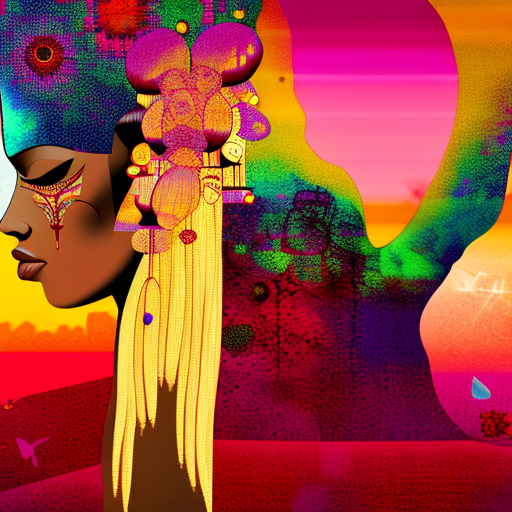One-line Summary:
In “Tehanu,” the fourth book in the Earthsea series by Ursula K. Le Guin, the focus shifts to the experiences of women and the exploration of power, identity, and the consequences of abuse in a patriarchal society.
The Return of Tenar:
“Tehanu” begins with the return of Tenar, the protagonist from the second book, “The Tombs of Atuan.” Now middle-aged and widowed, Tenar has settled on the island of Gont, where she is known as Goha. She takes in a young girl named Therru, who has been severely burned and is mute. Tenar’s life is forever changed as she navigates the challenges of caring for Therru and confronting her own past.
Exploring Power and Identity:
Le Guin delves into the themes of power and identity throughout “Tehanu.” As Tenar reflects on her life, she grapples with the loss of her youth and the limitations placed on her as a woman in a patriarchal society. She questions the roles assigned to women and the power dynamics that govern their lives. Through the character of Tenar, Le Guin challenges traditional gender roles and explores the complexities of female identity.
The Consequences of Abuse:
Another significant theme in “Tehanu” is the exploration of the consequences of abuse. Le Guin addresses the aftermath of Tenar’s traumatic experiences in “The Tombs of Atuan” and how they continue to shape her life. The character of Therru also represents the lasting effects of abuse, as she bears physical and emotional scars from her past. Le Guin sensitively portrays the healing process and the importance of support and understanding in overcoming trauma.
Key Takeaways:
- Le Guin challenges traditional gender roles and explores the complexities of female identity.
- The consequences of abuse are explored, highlighting the importance of healing and support.
- Power dynamics and the limitations placed on women in a patriarchal society are examined.
“It is very hard for evil to take hold of the unconsenting soul.” – Ursula K. Le Guin
In “Tehanu,” Ursula K. Le Guin continues to captivate readers with her thought-provoking exploration of power, identity, and the consequences of abuse. Through the return of Tenar, the novel challenges traditional gender roles and sheds light on the complexities of female identity in a patriarchal society. Le Guin’s sensitive portrayal of the aftermath of abuse reminds us of the importance of healing and support in overcoming trauma. “Tehanu” is a compelling addition to the Earthsea series, offering a fresh perspective and deepening our understanding of the world Le Guin has created.












